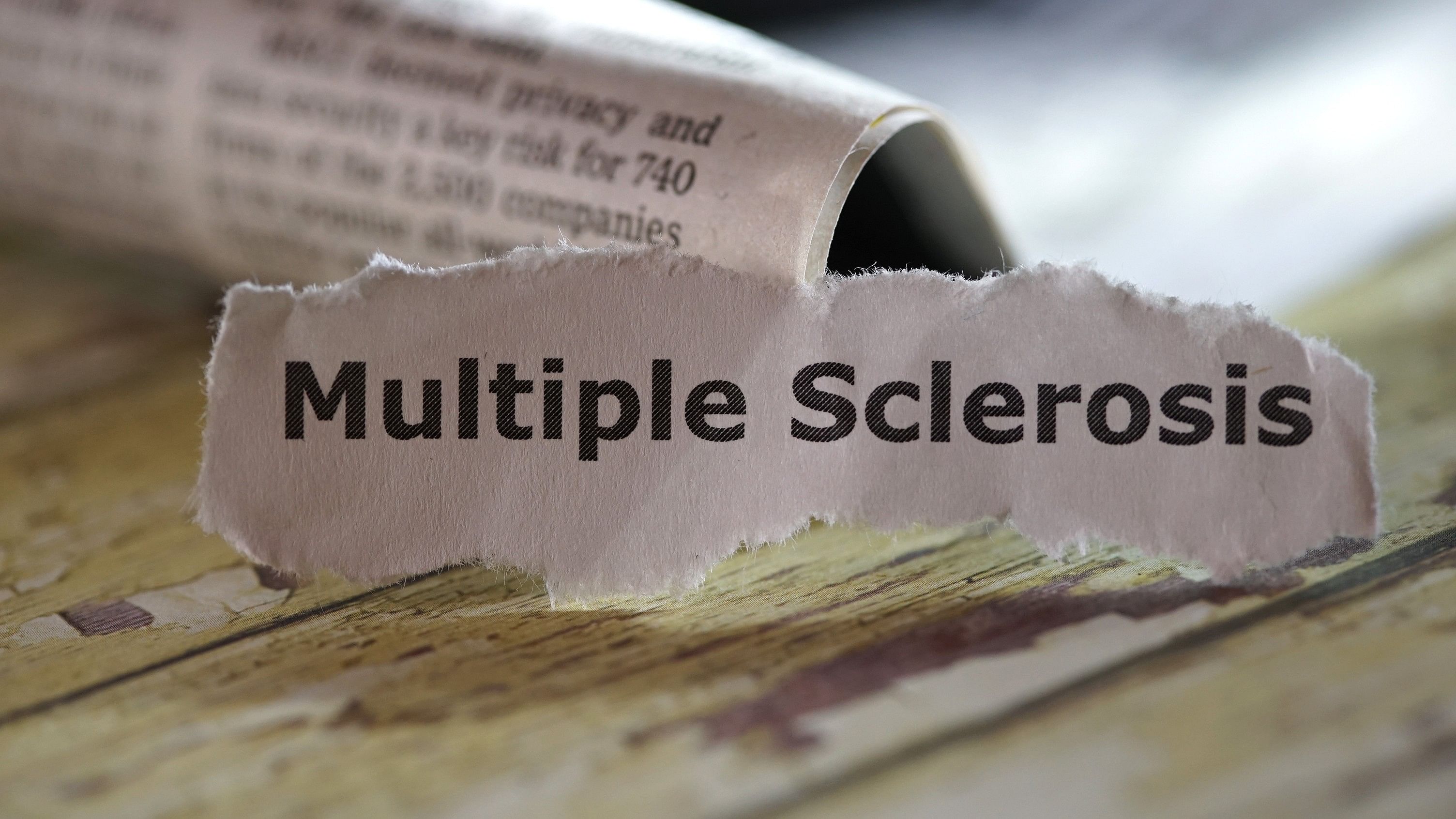
It’s still a distant scenario, but a discovery from researchers at the University of California at San Francisco brings it a bit closer to reality.
Credit: iStock Photo
By Lisa Jarvis
We’ve made significant progress in developing better treatments for multiple sclerosis over the last two decades. Yet the medical community still struggles to diagnose the neurological condition, let alone intervene or study it in its earliest stages, before damage has been done. What we need is a simple test that can definitively tell a patient if they have MS — or are on the road to developing it.
It’s still a distant scenario, but a discovery from researchers at the University of California at San Francisco brings it a bit closer to reality.
The UCSF team has identified a distinct collection of immune cells that seem unique to a small group of MS patients — a marker that shows up not just when they show symptoms, but years earlier. The finding is only relevant for a small slice of MS patients, but it still is an advance worth celebrating.
It could offer the first simple diagnostic tool for this complex condition, while laying out a path to studying the very earliest stages of the disease — work that could lead to better tests and treatment approaches for everyone.
The work underscores a few longstanding challenges in MS. Diagnosing the disease is hard. Doctors can’t predict whether someone will go on to have a mild form, or a quickly progressing one — yet treating the autoimmune condition early and with the right kind of drugs is the best way to slow its destruction.
The UCSF team mined a rich set of samples from the Department of Defense, which collects blood from soldiers when they are recruited and then throughout their military careers. Colin Zamecnik, who led the research, originally set out to look for some difference — he didn’t know what it might be--between those early samples and any collected after an MS diagnosis.
Instead, to his surprise, he found a unique immune signature at both time points in about 10 per cent of people with MS. In other words, he says, something was going awry in their immune cells’ function years before their first episode.
That early warning sign neatly aligns with a growing body of research showing that MS begins to manifest long before symptoms appear. Researchers have found evidence that neurons are being damaged years before the disease makes itself known. Retrospective studies have observed that patients eventually diagnosed with MS initially show up at their doctor’s office complaining of other issues, like anxiety, fatigue or bladder problems. And a breakthrough 2022 paper from Harvard epidemiologist Albert Ascherio found that contracting Epstein Barr Virus increased the risk of developing MS thirtyfold — a finding echoed by the UCSF study, which also found evidence that immune system is reacting to something that looks a lot like EBV. (Ascherio’s work has led to the hope that an EBV vaccine could one day prevent the disease.)
But it’s been difficult to translate this knowledge into better tests and treatments. That’s one reason the UCSF study is so exciting: It could in the very near term have an impact on some patients’ lives.
The researchers did a lot of work to turn their analysis into a reliable, simple antibody test. Several neurologists I spoke with said the robustness of the data suggest this test, with relatively minimal additional work, soon should be used to help confirm MS and potentially guide treatment. (This could happen soon — the bar for commercializing new tests is much lower than for getting a treatment onto the market.) Even if the test helps just one out of every 10 symptomatic people, it would still be a major improvement.
Currently, there’s no single test for MS. Typically, someone shows up at a clinic after an event that points to the condition — for example, a temporary loss of vision in one eye or a sudden lack of coordination. A neurologist might do a variety of tests and if their MRI show lesions on the brain, might suspect — but not be able to definitively diagnose — the disease. Given the cost and side effect of MS treatments, patients might opt to wait and see if they have another flare up before starting.
Yet treating early is the only way to slow down the progression of the disease. So for the 10 per cent of patients who have this antibody signature, “this test would I think, push the bar way in the direction of ‘Let’s start treatment,’” says Richard Ransohoff, a neurologist who spent 30 years studying and treating MS at the Cleveland Clinic. That same strategy also could apply to the group of people who get an MRI for another reason only to discover brain lesions suggestive of MS. Those who test positive would be spared medical limbo.
In the dream scenario, identifying that small slice of patients early could lead to answers to broader questions about the disease. Ransohoff, who more recently cofounded Abata Therapeutics, a privately held biotech developing novel MS therapies, imagines the potential to screen people at high risk (say, close family members of MS patients) and then do a longitudinal study of their clinical and immunological health. That could help researchers understand what’s going on during the decade-long incubation period before symptoms occur — and find broader diagnostics or new ideas for treatments.
“You’d have an almost unimaginably rich body of information to accumulate and study to understand what happens before MS starts,” he says. “The ultimate payoff for this could be exceptionally large.”
After a long wait, that’s thrilling news.